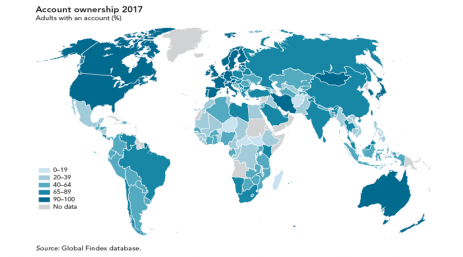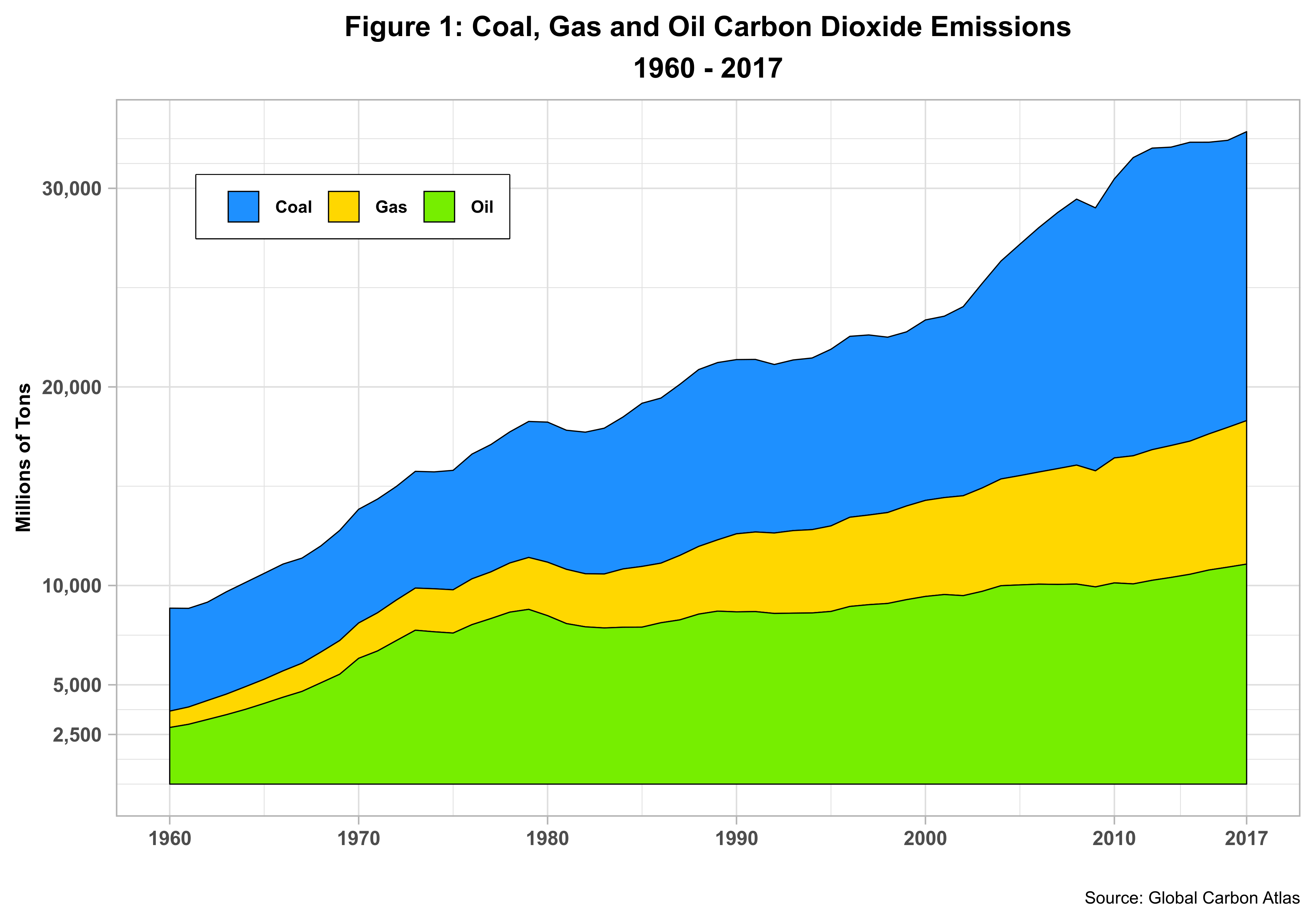Category: Economics
-

Open Data and Big Pharma
In 1980, the U.S. Congress passed the Bayh-Dole Act that modified patent and trademark law by allowing universities and small businesses to own inventions created under the funding of the Federal Government. Its core idea was to expedite the commercialization of innovations as the country, according to bill supporters, was seemingly falling behind Japan and…
-

The Environment and “Socialist” States
Thirty-six years after it first broke the news for the wrong reasons, Chernobyl is back in the headlines thanks to the horrible and absurd Russian invasion. Sixteen months before the well-known Soviet nuclear meltdown of 1986, a plant located in Bhopal, India, owned and run by a private U.S. corporation, released a lethal gas into…
-
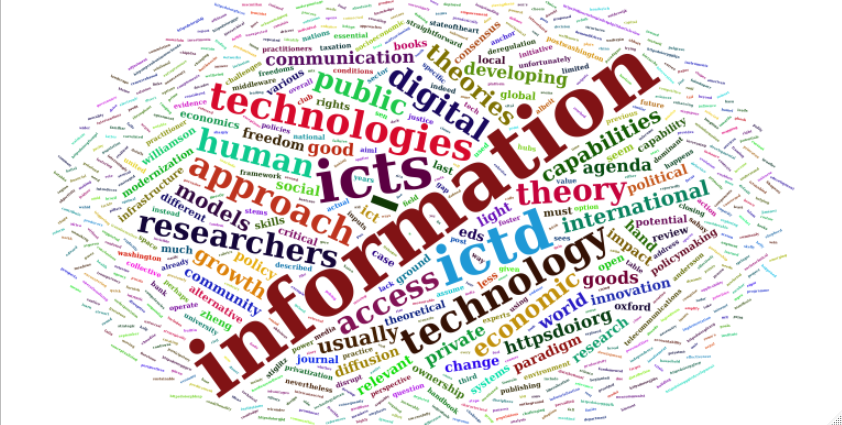
ICTs and Development Theories – II
Linking ICTs to development External researchers and experts poking into ICTD for the first time might assume that the field has, 30 years after its birth, a cohesive theory of how ICTs impact development. Unfortunately, that is not the case. If ICTD were a digital platform, we could conclude that its middleware is either missing…
-

ICTs and Development Theories – I
ICTD overview The field of ICTD first saw the light over 30 years ago (selected references are provided at the end of the 2nd part of this post). Its overall scope is ambitious as it covers several sectors and thematic areas. Indeed, ICTD comprises three core elements: ICTs, development—yet another large and complex field—and an…
-

State Capacity and Digital Technologies – I
To the Moon and Back It was my elder sister’s 25th birthday when Apollo 11 landed on the moon. We watched the unprecedented event on B&W TV – our grandma openly expressing total skepticism. We then went out for a family celebration. Funny, I still vividly remember the restaurant where we dined, which, needless to…
-
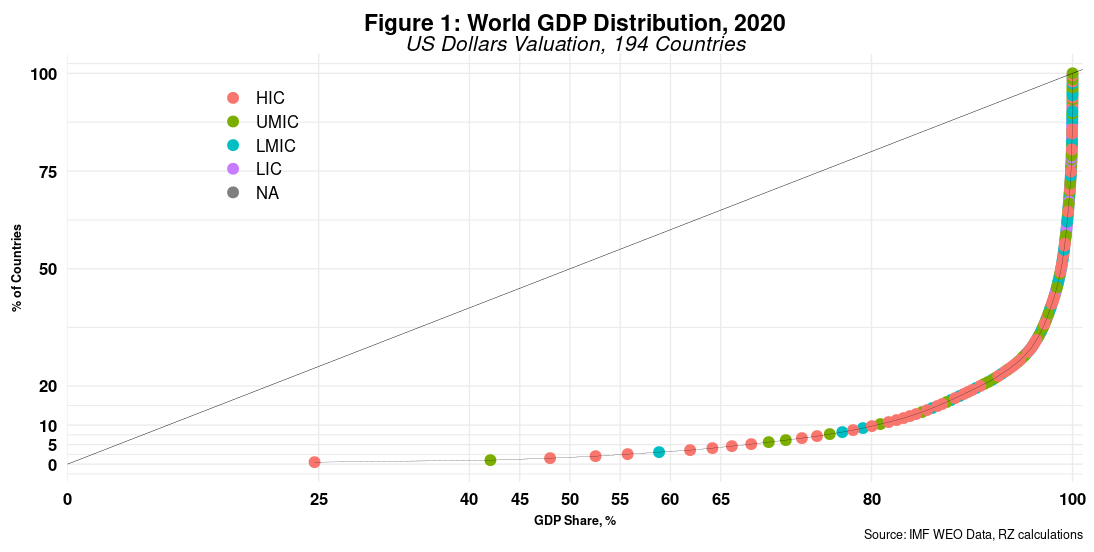
Global Wealth Distribution
GDP (Gross Domestic Product), the statistic most frequently used to measure wealth creation in terms of goods and services, has been the subject of critical review for the last 25 years. Green National Accounting (GNA) and the ensuing Green National Product (GNP) have been suggested as an alternative that captures the impact of capitalist development…
-
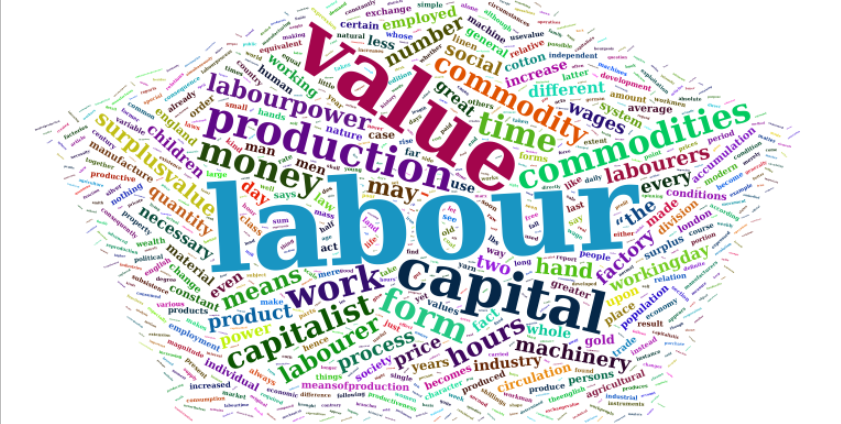
A Fuzzy Das Kapital Word Cloud
A few months ago, the top U.S. General was summoned by a Congressional Committee to explain why “Critical Race Theory” was being taught in the military. The General’s response built on the idea that the better one knows the enemy, the higher the chances of winning. Fighting unknowns is just like shooting in the dark,…
-

Waiting for yet another Industrial Revolution
The PC revolution. The Internet revolution. The mobile revolution. The social media revolution. The blockchain revolution. And the AI re-revolution. We seem to be living in times of Permanent Revolution. Also reminds me of the Age of Revolution that thrived a couple of centuries ago. Back then, social uprising calling for regime change was the…
-
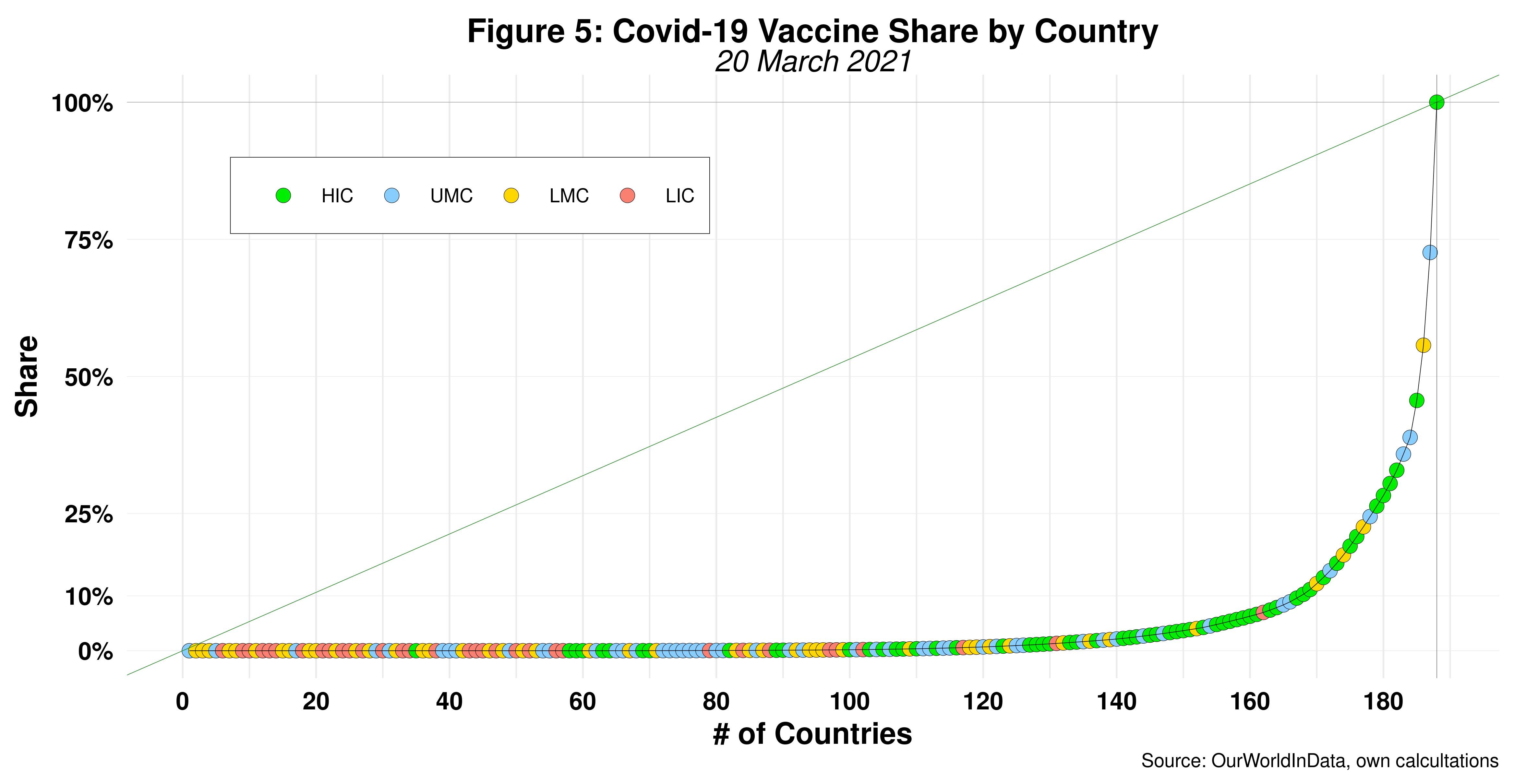
Vaccine Inequality
Already under siege in many quarters, Globalization has now added the seemingly unstoppable spread of the Corona Virus to its already dubious credentials. As expected, not one single country has been spared, rich and poor suddenly standing on the same level playing field – a milestone economic globalization never accomplished despite mainstream media coverage tirelessly…
-
Contentious Politics in the AI Age
Initially touted as revolutionary and progressive in the 1990s, the lightening evolution of digital technologies, running on the coattails of continuous innovation, has been accompanied by the rise of both extreme socio-economic inequalities and loud and widespread populism, nationalism and overt racism. Many countries are undergoing de-democratization processes undergirded by very resilient neoliberalism, while claim-making…
-
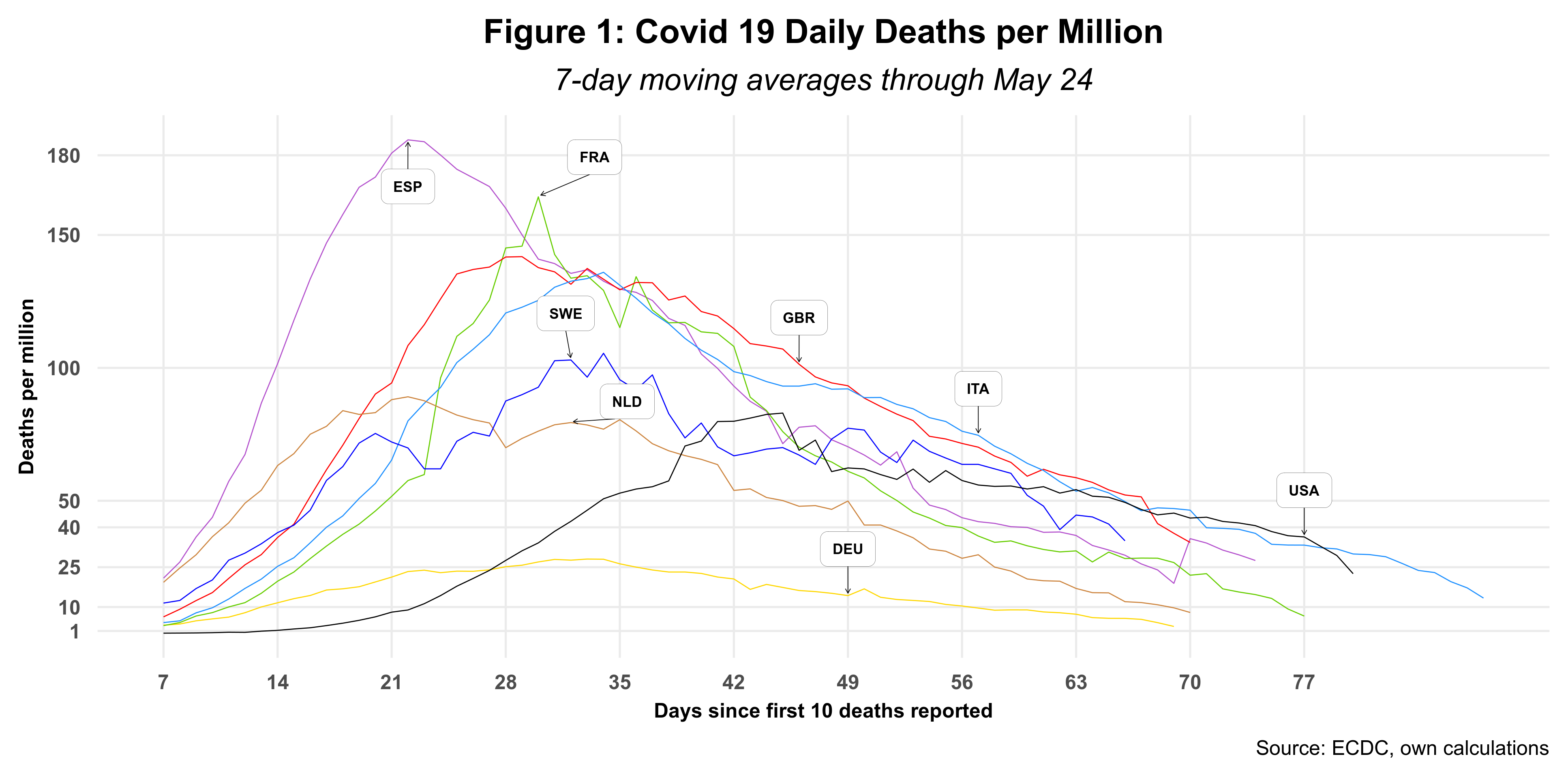
Covid19: A “Swedish” Model?
Having been trashed for the last forty years or so, Governments have unexpectedly taken back center stage thanks to the Covid19 pandemic. The virus does not need a passport to travel around the world, nor any tough immigration legislation has managed to prevent it from freely crossing national borders. No country will be spared seems…
-
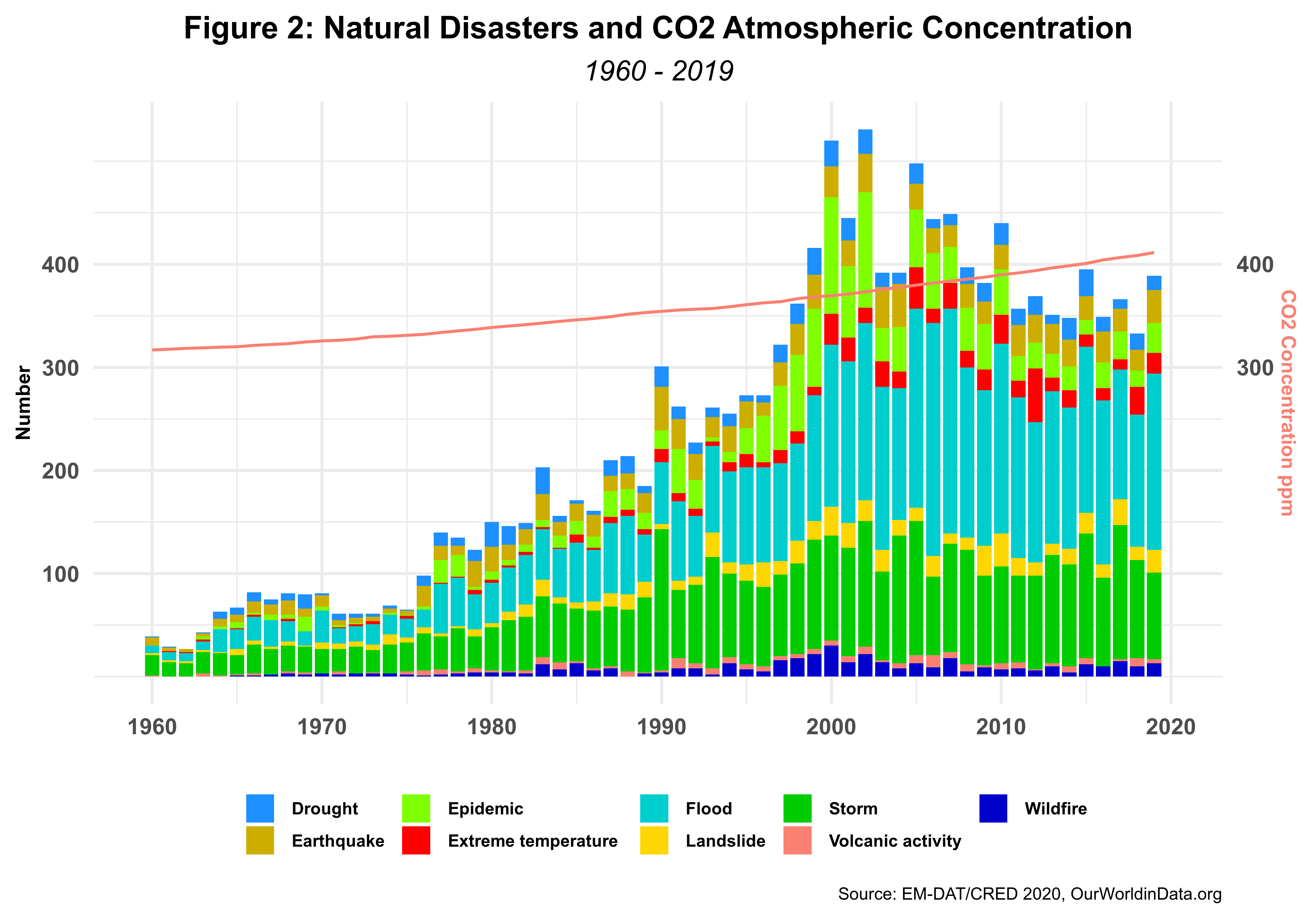
Natural Disasters and Carbon Concentration
In 1988, the Brussels-based Centre for Research on the Epidemiology of Disasters (CRED) launched the Emergency Events Database (EM-DAT) with the idea of promoting national and international humanitarian support to countries and regions affected by such events. Having a structured set of global data on the subject can also help policy and decisionmakers develop more…
-

Carbon Removal Policies for the U.S?
Founded almost 40 years ago with the financial support of the MacArthur Foundation, the World Resources Institute (WRI) is one of the U.S most prominent research organizations working on environmental issues since its inception. The entity centers its efforts on scientific research and development while explicitly ignoring “ideology” or fostering activism. WRI has a wide…
